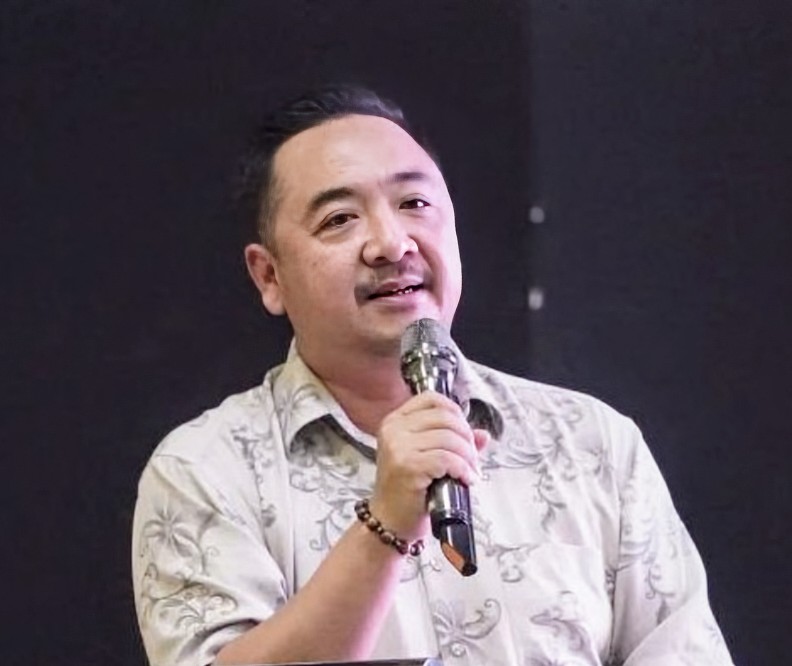Prem Bechile Kitingan
KOTA KINABALU : – The leadership of Parti Bersatu Sabah (PBS) and Parti Solidariti Tanah Airku (STAR) should focus on youth-related issues in preparation for the 2025 state elections (PRN 2025), as recent statistics show that Malaysians aged 18–39 make up 50.47% of the country’s total electorate.
STAR Sabah Assistant Secretary-General, Prem Bechile Kitingan, said that this shift in voter demographics was highlighted in a study conducted by Universiti Malaysia Sabah (UMS), presented by Associate Professor Dr. Bonaventure Boniface at the PBS–STAR Convention last Saturday.

Prof Dr Bonaventure Boniface
“Through the 2019 Constitutional Amendment, Malaysians aged 18 and above are automatically registered as voters, which also qualifies them to become election candidates,” said Prem, who is also the Director of the Sokid Villa Solidarity Research Centre.
Prem added that in Sabah, this demographic tends to favor election candidates who understand youth sentiment, are free from corruption, uphold strong religious values, and possess credibility and integrity.
The study, conducted by 10 UMS academics led by Associate Professor Dr. Lai Yew Meng, was presented to the public for the first time. The research team included Dr. Budi Anto Mohd Tamring, Dr. Shaffarullah Abdul Rahman, Dr. Amy Azuan Abdullah, and Dr. Yusten Karulus, all of whom were also present at the convention.
The number of young voters in Sabah in 2024 is 910,471 (53%), a 23% increase from 485,939 in 2022.
Prem explained that the study also revealed that ideologies such as “Sabah for Sabahans” and the Malaysia Agreement 1963 (MA63) resonate strongly with this group. They are drawn to capable and integrity-driven local leaders, prefer coalitions of local parties over solo local parties, and are not attracted to the 3R ideology (religion, race, and royalty).
“Young voters also support efforts to resolve issues related to dilapidated schools, having qualified teachers for subjects, and infrastructure needs such as roads, water, electricity, and rural internet access,” he said.
Despite being active users of social media, this group still considers parental influence in shaping their political stance. However, they also have a strong sense of state identity, prioritizing the candidate’s ideology over party struggles.